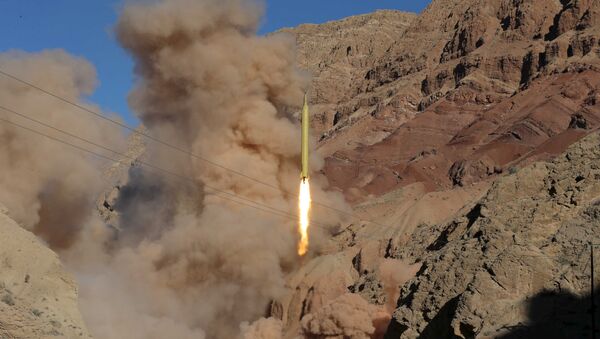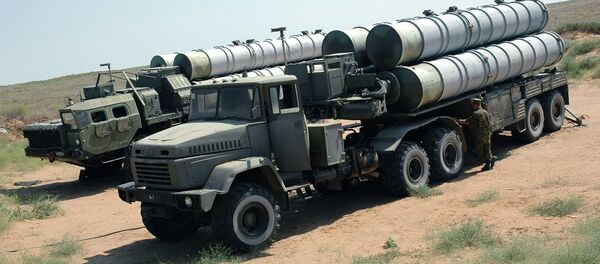Many believe the tests were meant as a challenge to last year's agreement between Iran and world powers, under which Tehran agreed to end its nuclear weapons program in exchange for lifting sanctions.
"Iran's missile program will not stop under any circumstances," Hajizadeh said, cited by Iranian state television. "The IRGC has never accepted the UN Security Council resolutions on Iran's missile work. We are always ready to defend the country against any aggressor."
Hajizadeh affirmed that Iran had no intention of starting a war and that the country's missile program is aimed solely for legitimate defense.
Meanwhile, Israel claimed that the missiles tested could carry nuclear warheads but acknowledged that the nuclear deal bars Iran from firing missiles with such capacity.
According to the London-based International Institute for Strategic Studies, IRGC maintains the largest arsenal of short and medium-range ballistic missiles in the Middle East.
Hajizadeh said that there are hundreds of underground missile bases around Iran, which "cannot be destroyed even if targeted by atomic bombs."
The United States announced on Wednesday it was reviewing reports of Iranian ballistic missile tests and that the administration would determine an appropriate response.




